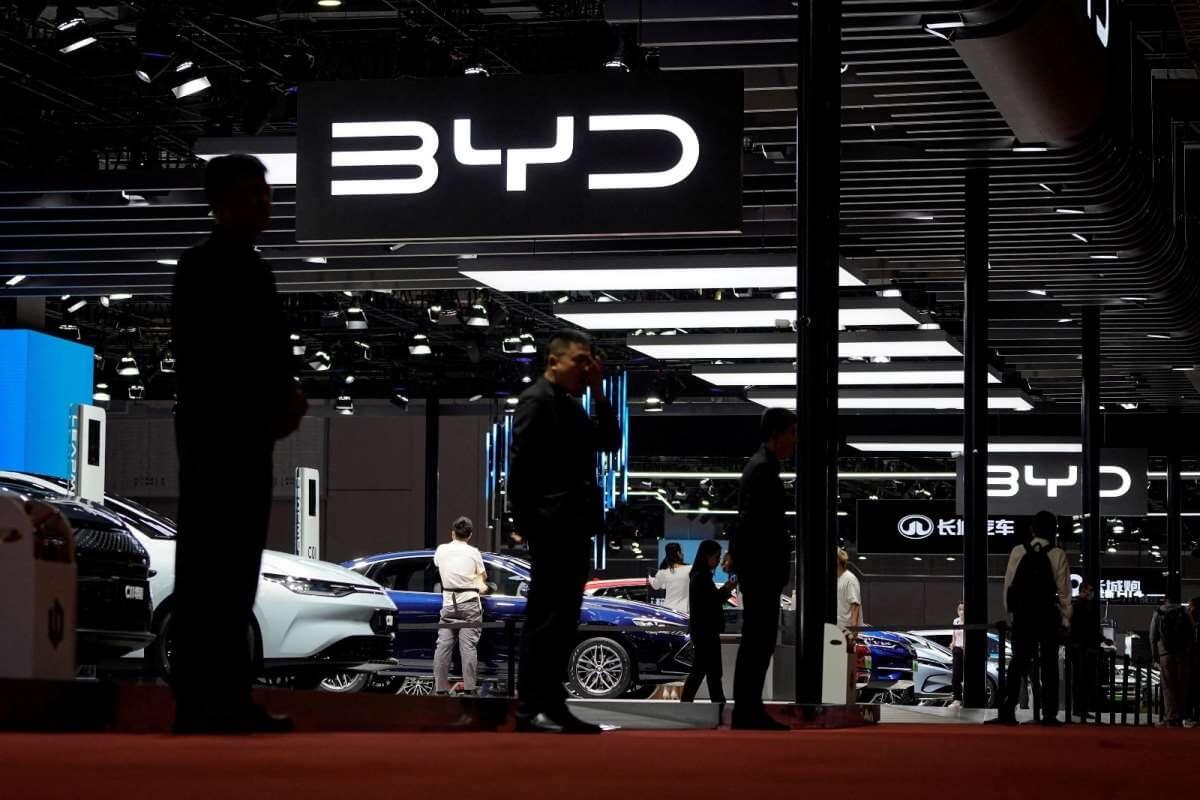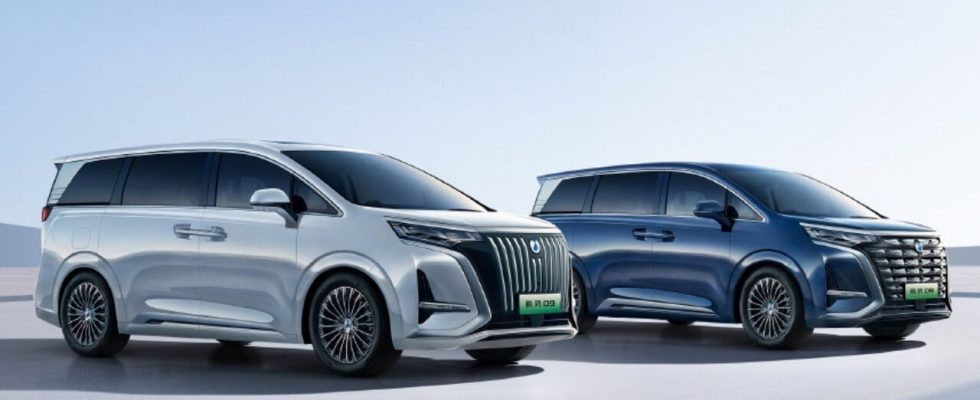Mercedes-Benz is preparing for the future of electric vehicles and making strategic moves to stay one step ahead. A recent report suggests that the company is collaborating with Chinese battery maker BYD to incorporate BYD’s Blade battery technology into its electric vehicle lineup. However, an important question still remains: Will this partnership be only for the Chinese market or on a global scale?
On September 8, a statement from Chinese magazine CBEA, the official publication of the state-funded China Automotive Battery Research Institute (CABRI), claimed that Mercedes-Benz will start producing electric vehicles equipped with BYD’s batteries by 2025 . This claim Mercedes-Benz CLA ConceptIt also coincides with the introduction of the IAA Mobility Conference in Munich a few days ago. Although technical details about the concept vehicle are scant, Mercedes-Benz has hinted that it expects the vehicle to hit the streets by 2025, with a 750 km WLTP range and advanced 800V MMA platform.
Mercedes-Benz is no stranger to BYD. Ten years ago, the companies launched a 50:50 joint venture called Denza. The venture floundered initially, but things quickly changed after BYD took over a majority stake in late 2021. Under BYD’s leadership, Denza launched three new electric vehicles and achieved impressive sales of over 11,000 units in just one month.
Interestingly, Mercedes-Benz, like many luxury car manufacturers, uses predominantly Nickel Manganese Cobalt (NMC) batteries. These batteries have a higher energy density than lithium iron phosphate (LFP) batteries, but they come at a cost, both monetary and ethical. They rely heavily on precious metals, particularly cobalt, whose mining applications are under scrutiny. On the other hand, although LFP batteries have a lower energy density, they do not contain cobalt and are generally more economical. This perhaps explains the increasing trend towards LFP batteries among electric vehicle manufacturers, including industry giant Tesla. And it’s no coincidence, one of their primary suppliers is BYD.

Further underlining BYD’s growing influence, the company’s batteries are already used under the hoods of Toyota, Kia and Lincoln vehicles. Even Ford has joined the caravan by incorporating BYD’s battery technology into some hybrid models in China.
While the internal combustion engine (ICE) version of the CLA is aimed at a younger demographic, its electric sibling is Tesla’s most pocket-friendly EV. Tesla Model 3It is planned to be a rival to . Choosing BYD’s LFP batteries seems like a calculated move for Mercedes-Benz, prioritizing affordability without sacrificing performance. It is also seen that BYD is not content with its growing market share and is trying to leave its competitors like CATL behind.
Although the first whispers of a potential collaboration between Mercedes-Benz and BYD emerged in 2020, this latest announcement signals the German automaker’s determination to develop its electric vehicle portfolio while keeping costs lower.
